It’s impossible not to be starstruck over John F. Kennedy Jr.
Even now, 27 years after his shocking death in a plane crash, and having been mythologized relentlessly in that time, all footage of him is mesmerizing. His life story is still one of the most astounding in modern American history. And, my word, he was incredibly handsome.
The new CNN series American Prince: JFK Jr. allows you the opportunity to swoon and mourn once more over this dashing, gone-too-soon superstar with boundless potential, while peeling back layers of the legend. The three-part series, as its title suggests, dutifully exalts the “American Prince.” But through insightful interviews with friends, journalists, and family members, it’s also a reminder that the Golden Boy of Camelot was a human—and a complicated one, at that.
American Prince’s premiere episode, which debuted on CNN over the weekend, is titled “The Boy Who Would Be King.” It examines how young “John John” saluting his father’s casket during his 1963 funeral wasn’t just a moving, indelible image. It was a cultural moment, one in which the entire country projected the ambition, expectation, and optimism that was on John F. Kennedy as president to his son.
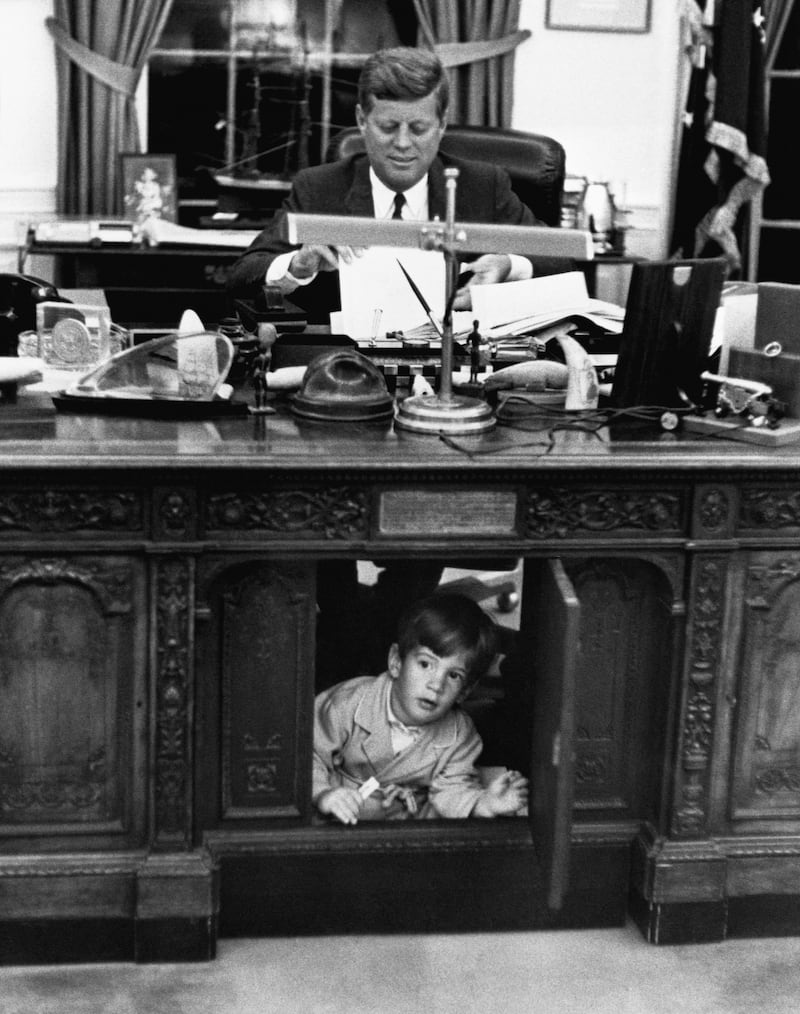
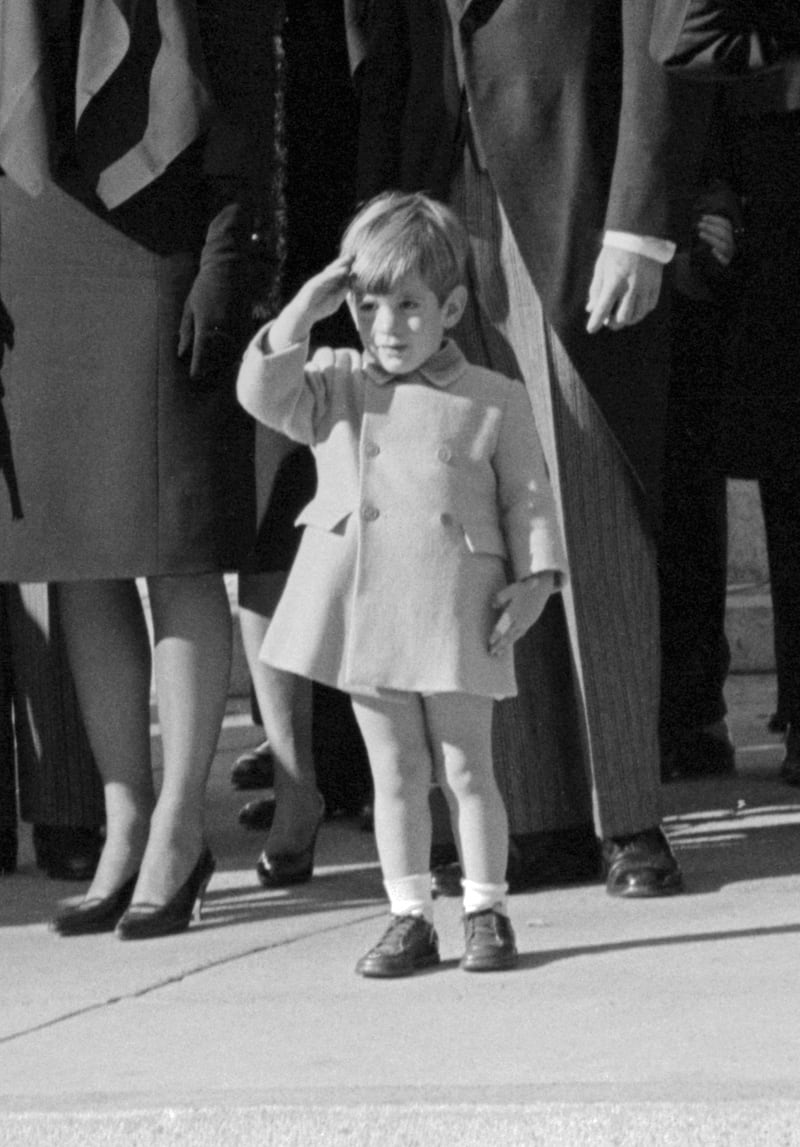
As one friend says in the episode, he became not just the child of an assassinated president, but “a nephew or a cousin or even son to the millions watching.” How does someone not be crushed by the burden of that history and that legacy? How does he possibly step out of the shadow as his own man?
Friends and coworkers recall how, even in person standing next to him, it was like you were staring at a myth, not a real person. A classmate of Kennedy’s from Brown University referred to what they called “The JK Factor”: a special treatment that he would get just for being so attractive and so famous…in other words, such a Kennedy.
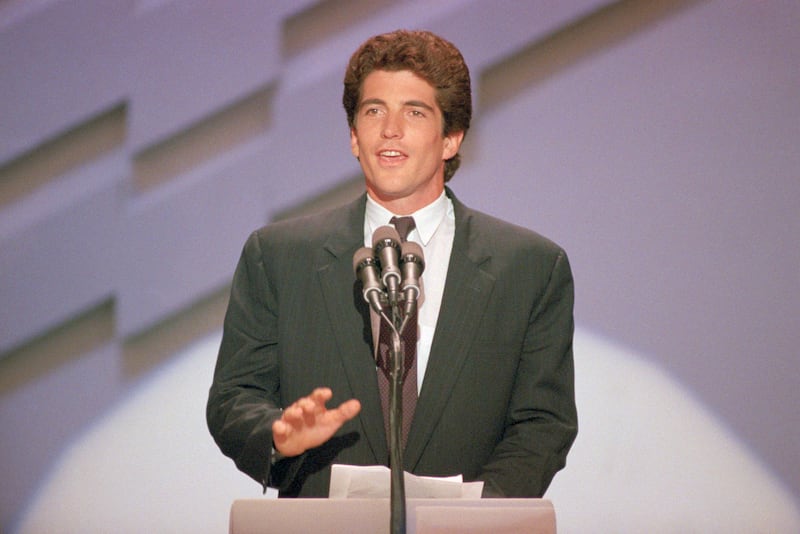
He seemed to be aware of his privilege, and determined to figure out a life path in spite of it. He took a soul-searching trip to India, and went to law school at New York University. Whereas the rest of his family lived on the tony Upper East Side, he opted to live in trendy Tribeca, where he rollerbladed around the neighborhood and played football in city playgrounds.
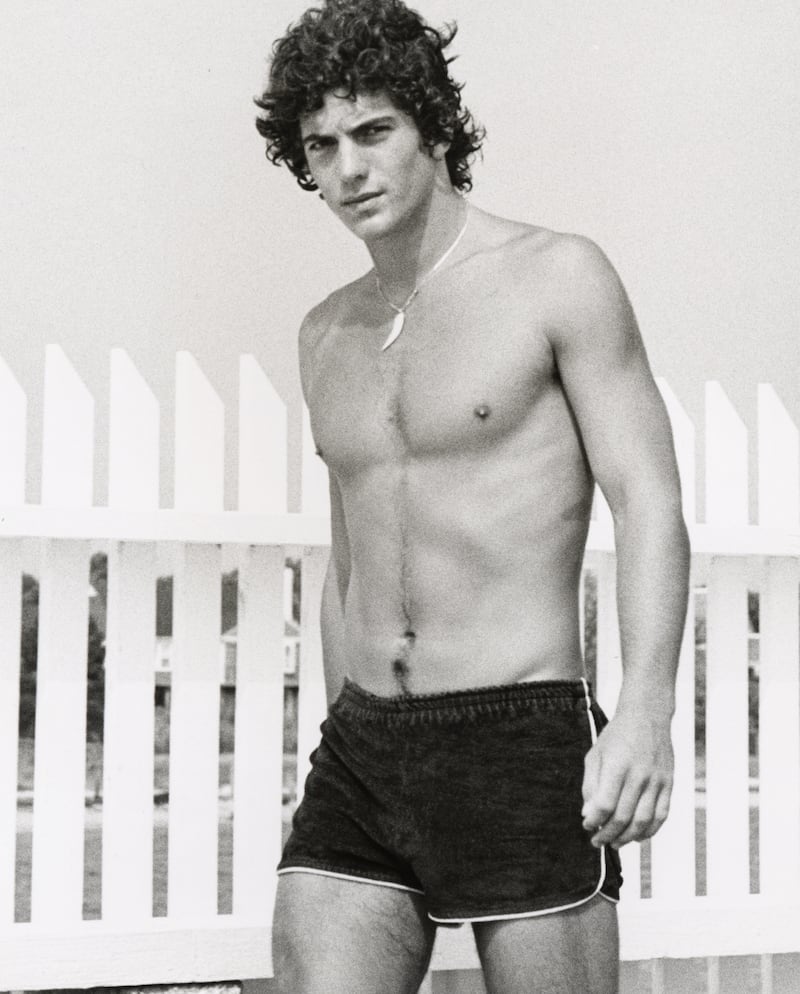
That normalcy may have been a farce—there is as much footage of Kennedy wearing tuxes, getting in and out of limos while paparazzi bulbs flashed in his face. And how Everyman can a person be when he is also voted People’s Sexiest Man Alive and dates actresses like Sarah Jessica Parker and Daryl Hannah?
He had the very public experience of failing the bar exam multiple times, and having to give interviews for newspaper and magazine articles with headlines like “Hunk Flunks.” It’s a fascinating dichotomy that American Prince uncovers: the push-and-pull between taking advantage of a life of the 1 percent, while also struggling for his own worth.
This part of the JFK Jr. tale is hardly a sob story; there is no concerto of tiny violins to score it. But it is illuminating, as the series gears up to examine the thrill and the strife behind launching his big professional gambit, the political and celebrity culture magazine George, his high-profile marriage to Carolyn Bessette, and the stressful last summer they endured before a plane crash took their lives and that of Bessette’s sister, Lauren.
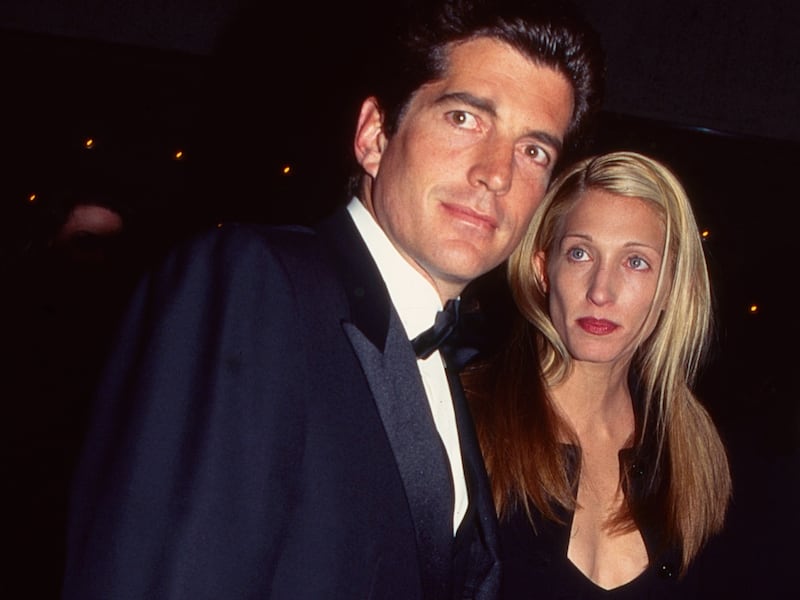
“Ladies & Gentlemen, Meet George,” which premieres Aug. 16, dovetails Kennedy’s secret, remarkably private wedding to Bessette following the death of his mother, Jackie Onassis Kennedy, with the splashy, expensive launch of George.
The publication was the most successful debut in magazine history, but also victim to the whims of a media industry that was volatile even two-and-a-half decades ago. Meanwhile, despite every effort, the scrutiny on his marriage was as intense as any other period in his life.
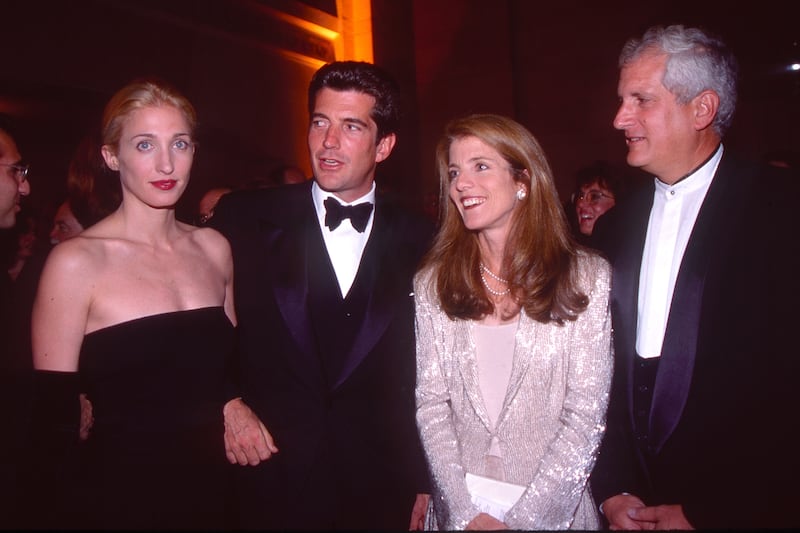
Seeing the footage of Kennedy and Bessette together, you’re struck by their glamour—it radiates in a way that celebrities simply don’t anymore, almost as if they were in an era of enchanting attractiveness and style that died along with them. As such, reporters and paparazzi felt entitled to access to Bessette, and complained that she was “nasty” for not giving it to them. He may be the American Prince, but she was dubbed “The Reluctant Princess.”
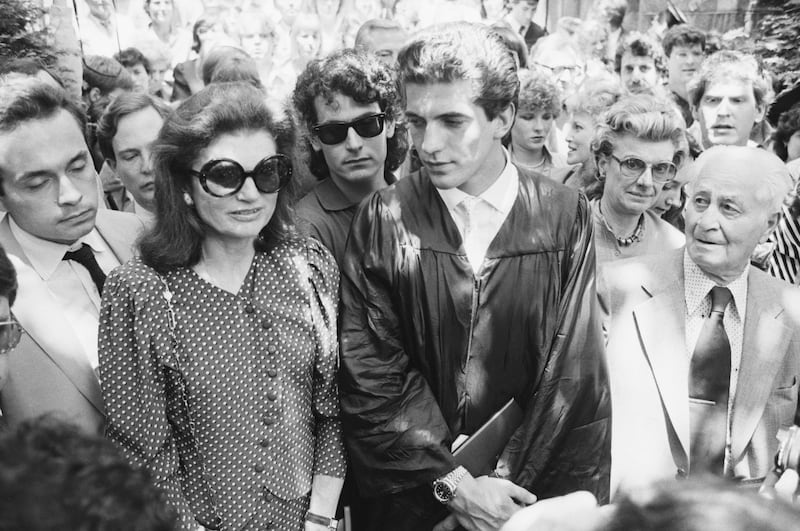
Part three of the series, “The Final Summer,” debuts Aug. 23, depicting the strain on their marriage because of the tabloid attention and Kennedy’s inability to truly understand Bessette’s discontent. The fissures were exacerbated by George’s future becoming uncertain when Kennedy’s business partner left the magazine, as well as the emotional toll of Kennedy’s cousin, Anthony Radziwill dying of cancer.
The gravity of the plane crash resonates especially after having spent these three episodes reliving the promise of what Kennedy’s future could have been, at a time when so much of his life was at a crossroads the summer of his death. The series is a breezy way of recounting his story, but one not without deep material. Emotion is in as much abundance as the facts; it’s clear that everyone interviewed was absolutely spellbound by him.
So too, still are we. In addition to CNN’s docuseries, paparazzi photos—and ensuing discourse—of the actors portraying Kennedy and Bessette filming Ryan Murphy’s new American Love Story series. When the glint of the crown is as bright as theirs was, the fascination never goes away.
The post John F. Kennedy Jr.: The Legend and the Tragedy of an ‘American Prince’ appeared first on The Daily Beast.




